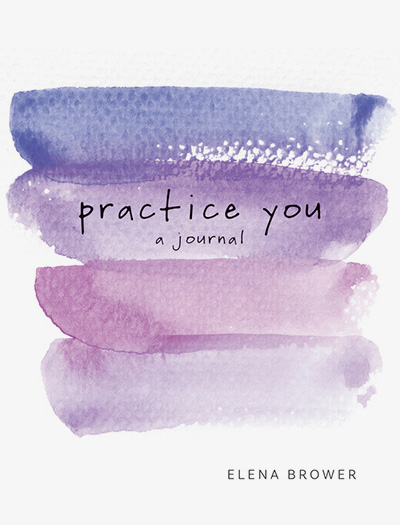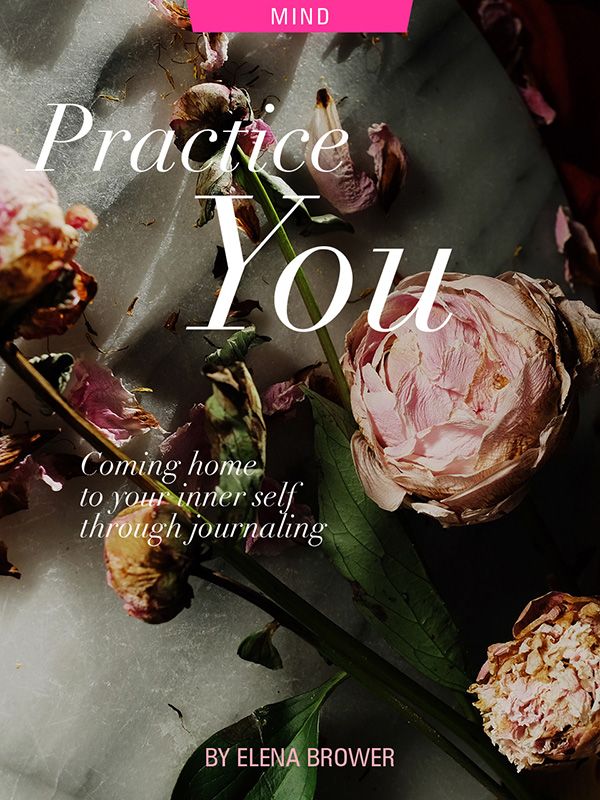
Expressing your inner most thoughts and feelings in a daily journal is a healthy and easy way to practice being the best YOU
—
That tiny key with a pink ribbon running through it — I can still feel the weight of it in my flawless little hand. Aside from my set of Hello Kitty erasers and my dollhouse dresser, this was the most important thing I owned; it was the key to my diary. I was ten-years old.
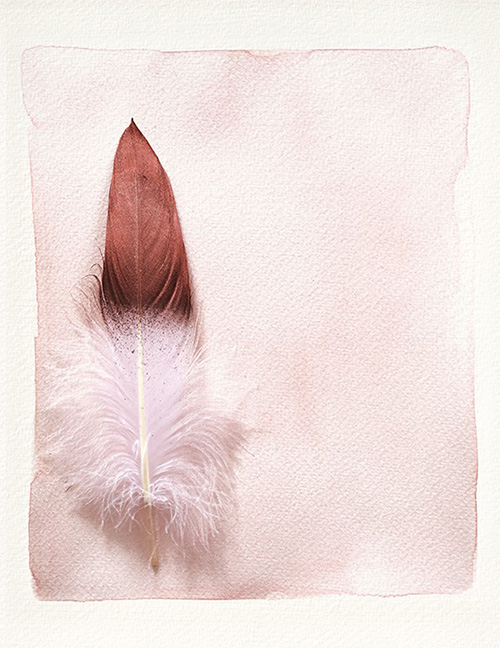
In that diary went every thought, whisper, and doubt — every tragedy, real and imagined. It was biographical. It was fiction. It was magical.
It was healing. It had many hiding places, and accordingly, much was hidden in it.
It’s odd to consider that my original relationship to journaling was subversive. As a child I wanted out of my house, out of my classroom, out of my body, out of my life, but these were things I could only tell to my diary. Growing up in suburban New York in a fairly comfortable family wasn’t so bad, but that diary told another story.
In certain sections, I had an avatar — Ashley was her name — and she was beautiful. She had friends, she didn’t care about grades, she never did homework, and she definitely didn’t have glasses. But she did get into heaps of fascinating trouble. She was popular, and the right boy was noticeably interested.
That ten-year old me was also profoundly sad at times. That was when my ‘real’ identity would seep back into those handwritten pages — a dejected, disappointed girl, a burden in her own home, where there were other, more important events and people to tend to.
According to both the diary and my memory, I was supported in my family; I was loved so much, but left alone a lot. No complaints, but I do remember that there was a fair dose of internal confusion. I didn’t know where I belonged, but in that diary, I had a place.
Almost four decades later, that special portable place is still a part of me. My days and my work, my teaching and my ways of seeing of the world, all revolve around my notebooks, these treasure troves of study, worship, listening and learning.
Throughout my adult life, journaling has served me as a tool for refining my thinking, my teaching and my ways of being. It moves me towards new patterns of thinking, and continues to help me see what beliefs and assumptions are taking up space in my mind. Writing in my journal is a portal to my clearest creativity, particularly in the early morning when my intuition is high.
During my (thankfully) elegant divorce, tough moments in parenting, getting sober, being a loving partner, and losing my mom last year, journaling gave me perspective, vision, and leverage on myself. Whether I’m writing poetry, noting a passing emotional state, or just free-writing in the early morning, my journal helps me to reframe, regroup, and refine my highest self.
5 reasons to journal:
1. Each time you pick up your journal, you’re providing yourself with a safe space to connect to your own wise advice.
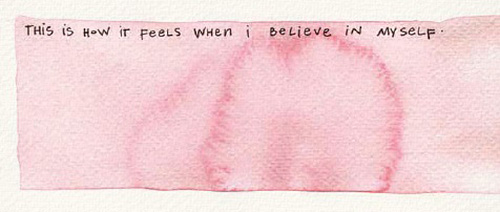
2. Writing with your hand means you’re spending a few minutes away from your technology — which is great for your mood and your overall well-being.
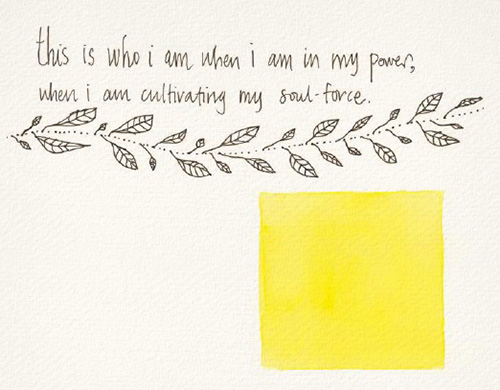
3. Handwriting allows your heart to come through what you are expressing.
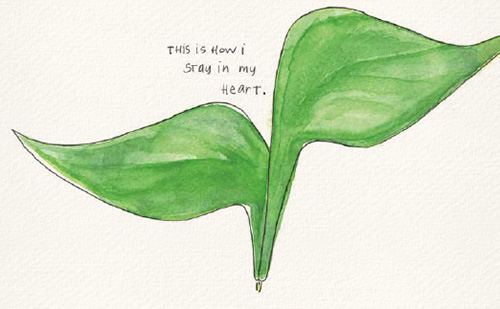
4. Noting your reflections on paper allows you to choose what thoughts you’ll pursue and those you’ll release.
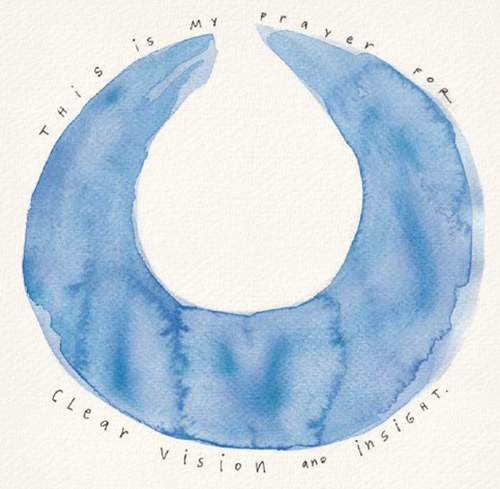
5. Journaling is the ultimate way to practice YOU.
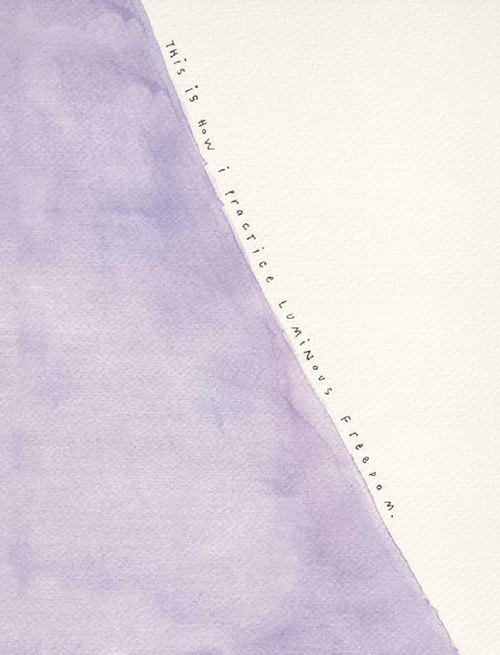
You may also enjoy reading Letters to My Mindful Self by Wendy Wolff
